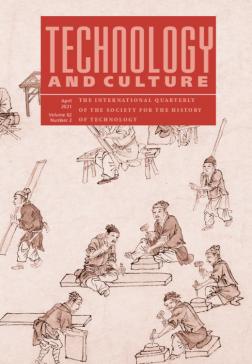A key phrase in global history over the past two decades has been Useful and Reliable Knowledge (hereafter URK). In Gifts of Athena, economic historian Joel Mokyr coined the phrase, recognizing that changes in knowledge, its perception, and organization are main concerns for both economic historians and historians of science.1 At first, historians of technology paid little heed to Mokyr's economic history discourses, which somewhat sidestepped applied science and technology. Yet Mokyr's approach—highlighting technological change as an engine of economic growth—has featured widely in global comparative history. Over the years, this type of scholarship has generated much research—mostly focusing on the transfer of European URK regimes and their impact on local knowledge cultures, economic growth, and cultural prosperity. These historians also observe—often in passing—that Western URK rarely started with a blank slate and that it had to respond to local methods of mobilizing technical knowledge and generating wealth.
This special issue turns the tables. We ask how local definitions and practices of usefulness and reliability generated wealth and technological change. We present research on the Ottoman Empire, China, Japan, France, Britain, and colonial India, covering a period from the fourteenth to the twentieth century. Collectively, these studies also shed light on a central issue of the history of technology: how artisanal and learned-literate-scientific knowledge communities interacted in regional and culturally diverse settings.

